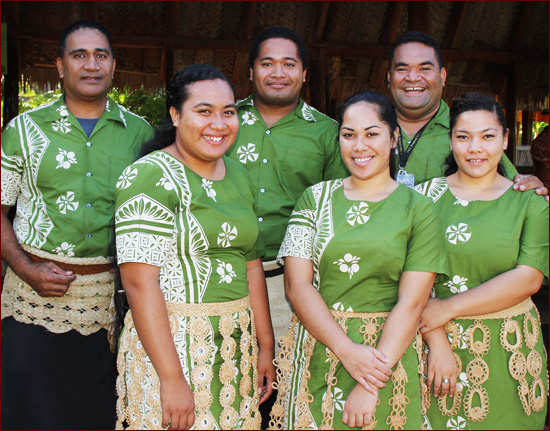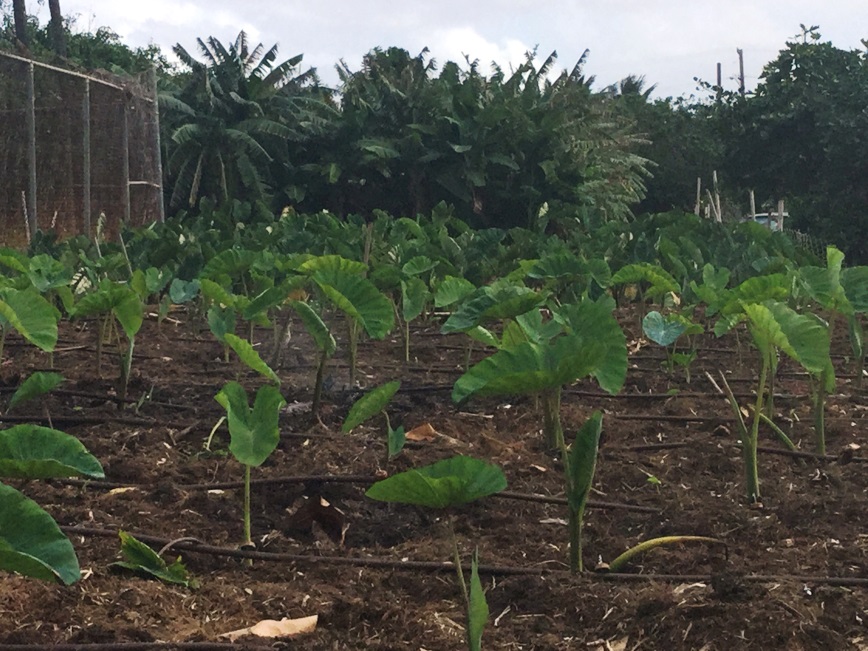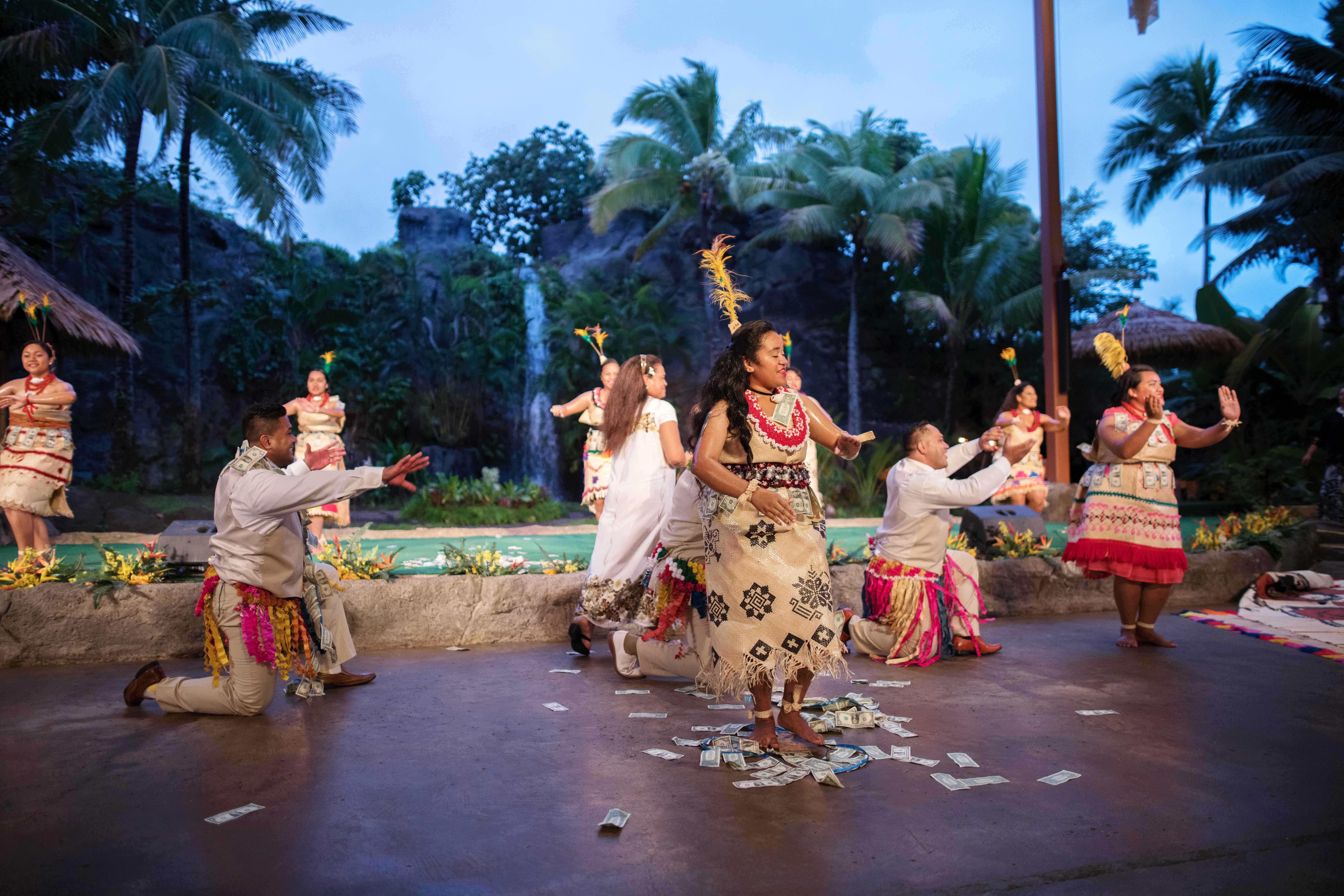One of the beautiful aspects of Tongan Society is their emphasis on sharing. Tongans share stories, they share resources and they share their blessings with joy and thanksgiving.
 Everyone has a role to play unique to their individual status in Tongan Society. It is based on the concept of sharing the blessings afforded you with those you are responsible for. This tradition comes from the belief that you don’t grow up by yourself, you don’t successfully accomplish tasks on your own, and you do not find happiness on your own. A successful Tongan village lives together, works together, and helps one another. The various gatherings and celebrations within the village help families to strengthen their relationships with each other.
Everyone has a role to play unique to their individual status in Tongan Society. It is based on the concept of sharing the blessings afforded you with those you are responsible for. This tradition comes from the belief that you don’t grow up by yourself, you don’t successfully accomplish tasks on your own, and you do not find happiness on your own. A successful Tongan village lives together, works together, and helps one another. The various gatherings and celebrations within the village help families to strengthen their relationships with each other.
The position of highest status in a community is, of course, royalty. Within a family, the highest status actually belongs to the Fahu, which is the father’s oldest sister.
Those of high status may receive the best foods, housing, clothing and opportunities, but they would also reciprocate by extending generous support to all their family members.
Want to learn more? Feel free to ask a villager about their position within their family and how they fulfill the responsibilities of that station.
Even Kitchen Crops have their place in Tongan Society

Tongans love to grow starch root crops such as sweet potatoes, yams and tapioca. The large taro type plant is called kape. In addition, you will also find kava, a pepper root plant much used in traditional ceremonies.
Bananas are ever present, as is the widely used tapioca plant. But don’t expect to find tapioca pudding on the table. Tapioca is used as a starch and is a common staple in the Tongan diet.
In the Tongan hierarchy even the plants and animals have their status. There are types of crops that Tongans value more than others. This is based on the difficulty of maintenance. Something that is harder to grow and maintain has more value than something easily cultivated.
Tapioca has the least status as it takes practically no effort to grow. All that is needed is to chop up the plant stems and stick them in the ground. Yams, on the other hand, require precise care. If you were to cut or bruise it accidentally, it will rot. It is also susceptible to the elements. You must also ensure that the leaves do not touch the ground.
Want to know more about other types of Tongan crops and gardening practices? The Tongan villagers have prepared some fresh displays and invite you to come learn more.
Tongan Celebrations Also Emphasize Sharing, Love and Respect
In a wedding the responsibilities are divided up amongst the bride’s and groom’s families. In each family, the men take care of the food and the women take care of the dowries and gifts. When they come together, they ceremoniously exchange these gifts, which will be utilized for the wedding celebration. Women would bring the tapas and the mats, and in return the men would reciprocate with pigs, yams and other food. The dowries would be worn as a costume, or type of dress. The Wedding couple would be paraded around the village in a very festive celebration.

In every wedding a bride would perform a dance for her husband and his family for the first time. As she performs, the husband would jump up and join in the dance. Her brothers would also join them, but the husband would be forefront. While her movements are polished and gentile, her husband’s role is to be less refined. The thought is to draw positive attention to the young lady by highlighting her grace and beauty.
Dress is also an important part of Tongan funerals. Family members might choose to wear beaten up mats out of a desire to show respect and love. Such manner of dress would place the deceased on a whole different pedestal of status. The type of mat/ta’ovala worn would actually indicate how one is related to the deceased. If you were to see someone wearing a very colorful, finely women mat to a funeral then you would know that their status is high. This highest status goes to the father’s oldest sisters’ children, called the Fahu. A younger brother would wear the dirtiest, most worn-out mat.

This was useful for a BIG BIG BIG BIG projects, thanks!!!!!!!
Thank you so much.